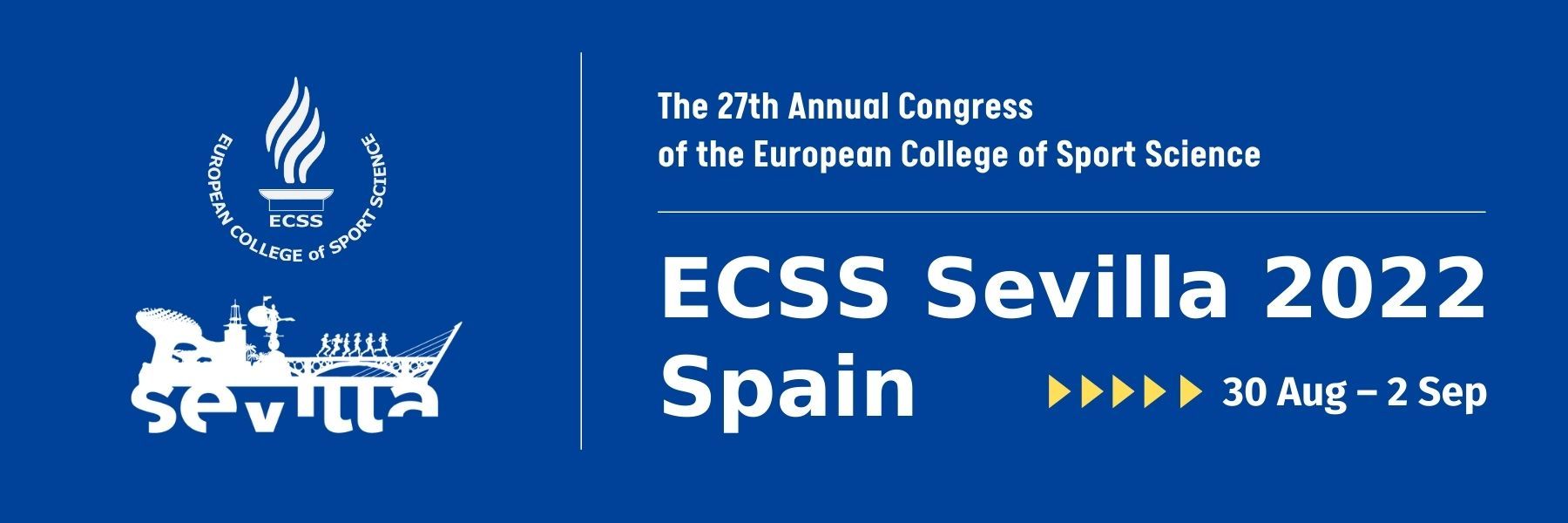

This symposium will provide insight from big data and randomised control trials conducted in Finland, the UK and the Netherlands on innovations on mobile and digital health aimed at breaking up sedentary time, increase physical activity and prescribing and monitor exercise. The focus will be on individuals at risk of and with cardiovascular disease and the outcomes presented will have clinical, physiological and population health relevance.

ECSS Paris 2023: IS-PN04

Epidemiological and big data studies show physical activity and sitting are associated health benefits and detriments respectively. Most physical activity studies that have employed device-measured objective have almost solely relied on measurement durations of 4-7 days and 10-hour daily measurement time, even in intervention studies. Consequently, intervention studies to address the role of sitting and physical activity are needed, which also measure all stationary periods and movements 24/7 for the whole study period. This talk will present such an intervention employed in Finland, which aimed to reduce daily sitting by one hour per day for 6-months in a randomized controlled setting in patients with metabolic syndrome. This talk will outline how all daily (in)activity was measured by accelerometers (6-second intervals) at baseline and during 6-month study period in both control and intervention groups. Participants followed their daily activity online from mobile phone application (EXSED), which also directly updated their data into the cloud, from which data was also accessed and analyzed. This talk will present the findings of how the intervention induced the requested behavior change and how the applied approach also led the control group increasing their daily steps over 6-month period. The talk will also cover numerous clinical and physiological effects that were measured by imaging (positron emission tomography and magnetic resonance imaging) in different tissues, such as skeletal muscle, heart, liver, bone, kidney and adipose tissue and other methods, such as fitness, blood pressure and cardiac echocardiography and insulin sensitivity at the whole-body level.
Read CV Ilkka HeinonenECSS Paris 2023: IS-PN04

Encouraging a physically active lifestyle through regular exercise (purposeful structured activities with a goal of improving health and fitness) and lifestyle physical activity (activities performed in day-to-day life) is the cornerstone to management of cardiovascular risk factors and dieases. Given poor uptake and adherenace to current stratergies (e.g. in UK exercise based cardiac rehabilitation uptake 52%) innovative solutions are urgently needed. This talk will outline the innovative MOTIVATE digital health intervention solution and present data from suite of randomised control studies on patients with cardiovascular disease including those referred to cardiac rehabilitation in the UK. MOTIVATE is a home-based exercise counselling intervention supported by mobile health (mHealth) technologies that provide biometric feedback and data sharing to best support patients and health professionals. Together the elements provide comprehensive support by promoting lifestyle PA and specifically targeting personally-calibrated moderate-to-vigorous intensity purposeful exercise. This talk will present data to show improvements in exercise adherance and compliance in a number of different heathly and clinical popultations (e.g. patients with coronary artery disease) which are superior to control interventions without mHealth technology. Moreover, the talk will show data on improvements in relevant clinical outcomes including BP, cholesterol, HBA1c and body composition.
Read CV Helen JonesECSS Paris 2023: IS-PN04

Over the past decade, exercise-based cardiac rehabilitation (ExCR) is gradually moving from a hospital-based environment towards a home-based, where digital innovations are adopted to integrate a healthy lifestyle in the patient’s home environment. In this talk, we discuss novel insights pertaining to the effects of ExCR and highlight innovations regarding the translation of ExCR to the home environment. First, we will discuss recent observations from the CaReMATCH Individual Patient Data meta-analysis, that includes data from 8 RCTs (n=4,987) on the effects of ExCR in patients with coronary heart disease. Using a mediation analysis, we revealed an important role for the improvement in health-related quality of life, but not cardiorespiratory fitness, in explaining the lower risk for all-cause and cardiovascular-related hospitalization. These observations support that promoting (low- to moderate-intensity) physical activity in daily living has strong clinical potential. Second, we performed a series of studies to co-create and validate a tri-axial activity monitor to sedentary behaviour, and to reduce and break up prolonged sitting periods in patients with cardio- and cardiometabolic disease. Third, we will share insight into the potential clinical relevance and importance of step count as a simple measure to integrate into clinical practice. In this work, we examine how increasing the step count can lead to clinically meaningful effects for patients with atrial fibrillation, coronary heart disease, and heart failure.
Read CV Dick ThijssenECSS Paris 2023: IS-PN04